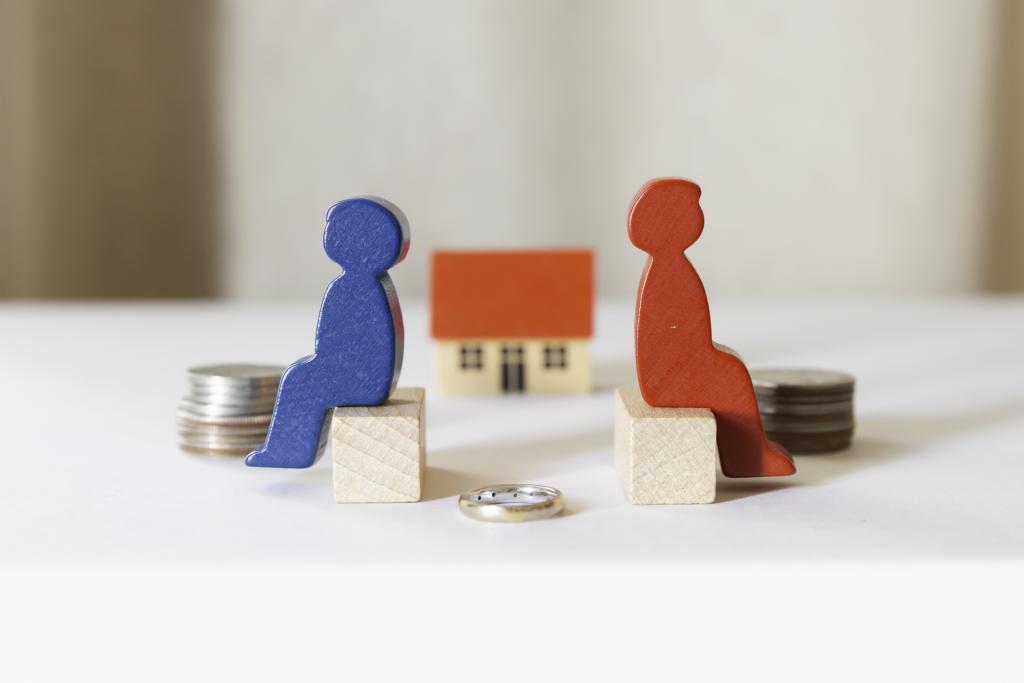
As explained by my colleague in a previous article (Domestic abuse in financial remedy proceedings | Stephens Scown), it has long been the case that ‘conduct’ (including domestic abuse) rarely affects how finances are divided on divorce, as the threshold for such conduct to be taken into account is extremely high.
Whilst it looks like change could be on the horizon, at the time of writing the legal position remains the same and it is still incredibly difficult to meet the necessary threshold. Personal conduct (to include domestic abuse) must be ‘gross and obvious’, ‘inequitable to disregard’ as well as quantifiable (i.e. there must be a clear financial impact).
As a result, there are very few published cases where conduct has a clear and direct impact on the financial outcome, especially cases with limited assets (due to the cost of going to trial). However, the recent case of MRU v ECR (Financial Remedies) [2025] EWFC 218 (B) (21 July 2025) is an example of one of those rare cases.
The parties had been married for 20 years and there were three children of the marriage (all under 10 years old and the youngest child had additional needs). The husband was a victim of long-term domestic abuse by the wife (which was heavily publicised in the media), to include violence and threats of violence, domestic abuse and controlling and coercive behaviour. The wife pled guilty to the abuse and was sentenced to 4 years in prison. The husband issued proceedings to resolve their finances and by the date of the final hearing in those proceedings, the wife was out on licence. The husband had primary care of the parties three young children and the wife was having only indirect contact with those children at the time of the hearing.
The only assets to divide between the parties were:
- The proceeds of sale of the former family home. This had already been sold by the date of the final hearing and the funds were being held by conveyancing solicitors pending the outcome of the case. After an interim payment to both parties and a payment towards the cost of a pension report, there was just £153,000 left to divide.
- Pensions – both parties had pensions but the husband had more than the wife. A pensions on divorce expert was instructed to advise on the pension sharing order that would be required to achieve equality of pension assets between them.
Both parties had significant debts (approximately £100,000 each), which included a range of hard and soft debts (hard debts being commercial debts to banks/ credit card companies and soft debts being loans from family members).
The court considered how much each party would be able to raise by way of a mortgage to put towards the purchase price of a new property. The husband was working so did have a borrowing power, but the wife was not and claimed that she would be unable to work for the foreseeable future due to her recent imprisonment.
The court considered all of the factors set out in s.25 of the Matrimonial Causes Act 1973, of which conduct is just one, and decided that:
- The husband should receive 100% of the net proceeds of sale of the former family home, to enable him to purchase a home for himself and the children.
- There should be a pension sharing order in favour of the wife so that each party would walk away from the marriage with pension assets of equal value.
- Otherwise a clean break, so that each party would retain the assets and debts in their sole names and the financial claims arising from the marriage would be dismissed once and for all. The court made clear that the parties would need to continue to pay their debts out of income.
In making these orders, the Judge made clear that they had taken the wife’s conduct into account on the basis that the allegations of abuse were admitted, were sufficiently serious to warrant consideration and were quantifiable (i.e. the abuse had a clear financial impact on the husband).
In explaining how the wife’s conduct had influenced the outcome, the Judge said that ‘the only manner in which this impacts upon my judgment is as to how the subsequent arrangements for the children impact upon the parties’ respective needs for housing’. This explains why the husband received 100% of the sale proceeds of the family home and the wife received nothing – as a result of the wife’s abuse of the husband and subsequent imprisonment, the husband had care of the children 100% of the time, who are the court’s first priority. That meant that the husband’s need for housing was more important than the wife’s need for housing in the circumstances.
This case serves as a reminder that serious domestic abuse, if it meets the necessary threshold and has a financial impact, will be taken into account by the court even in cases with very limited assets to divide. However, the threshold remains high – in this case the Judge explained that the threshold had been met because the wife had admitted the offences and been imprisoned as a result (the implication being that the offences were sufficiently serious). That does not necessarily mean that domestic abuse must result in a prison sentence to be taken into account, (or that conversely one party being in prison will automatically result in conduct being taken into account) but if the abuser has not been convicted by a criminal court, the family court will expect the victim to explain and provide evidence of the abuse and the financial impact to a much greater extent.
If you would like to discuss this further please contact Tyler Richards in our Family Law team or call us on 0345 540 5558.
